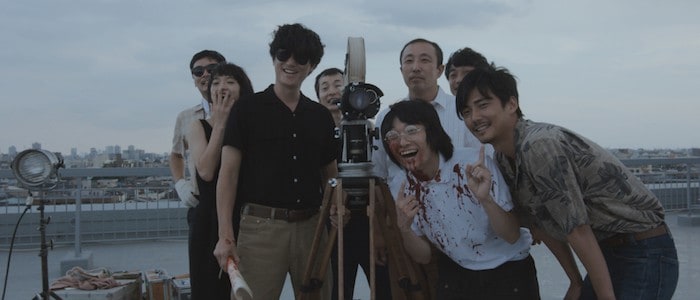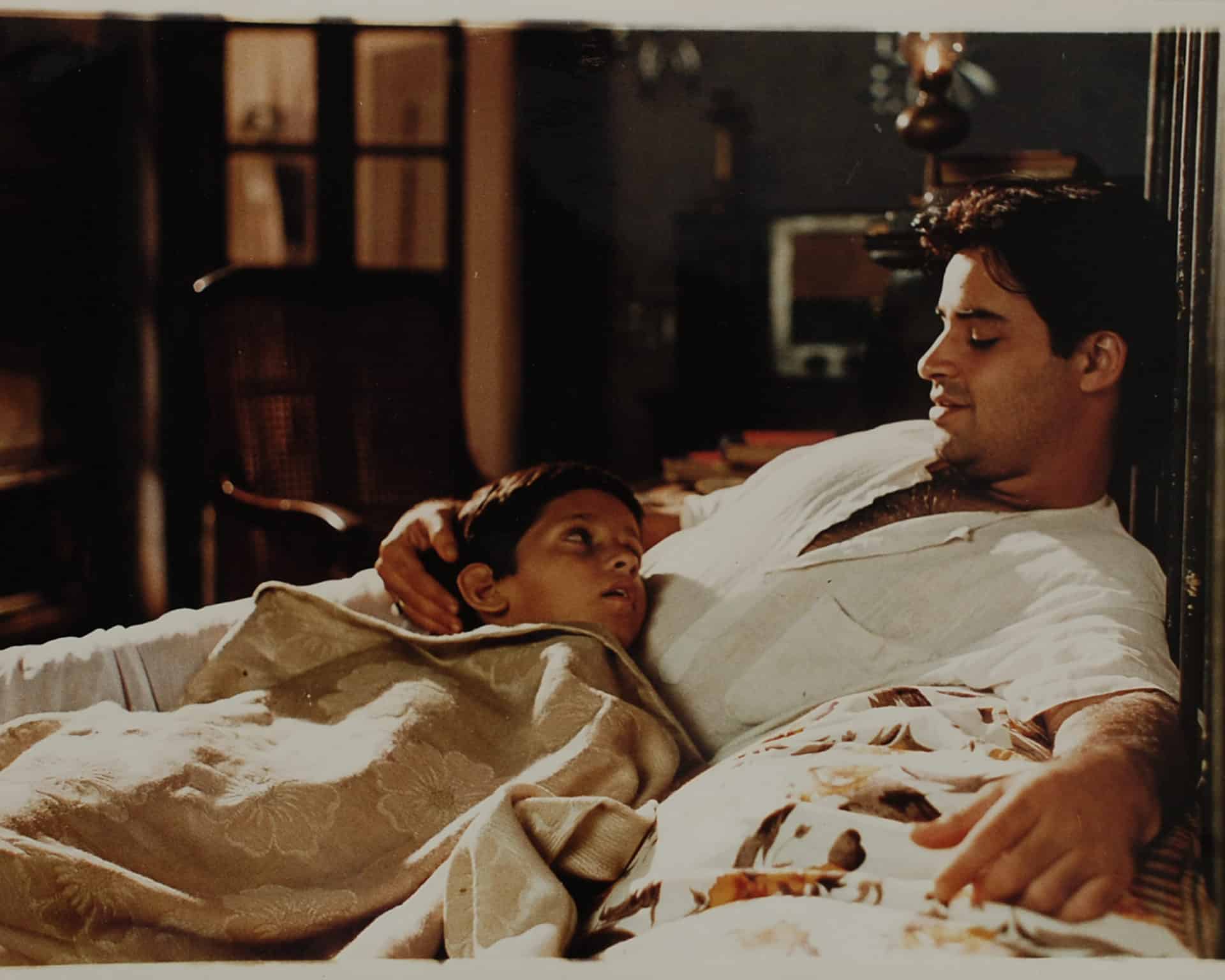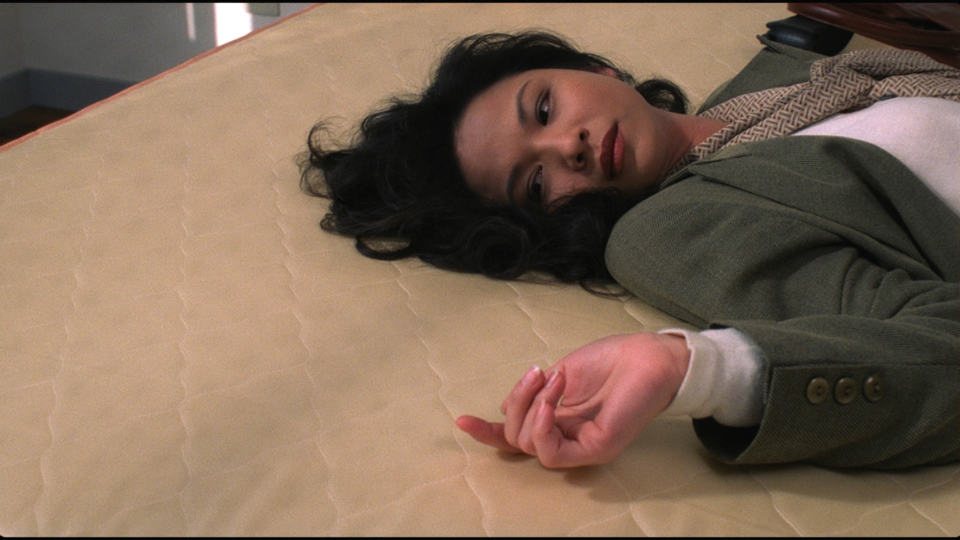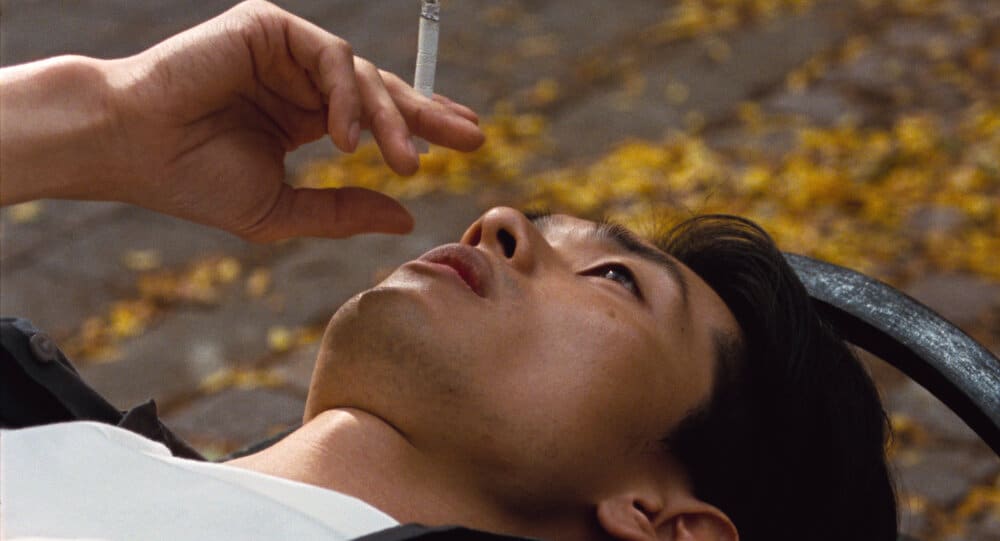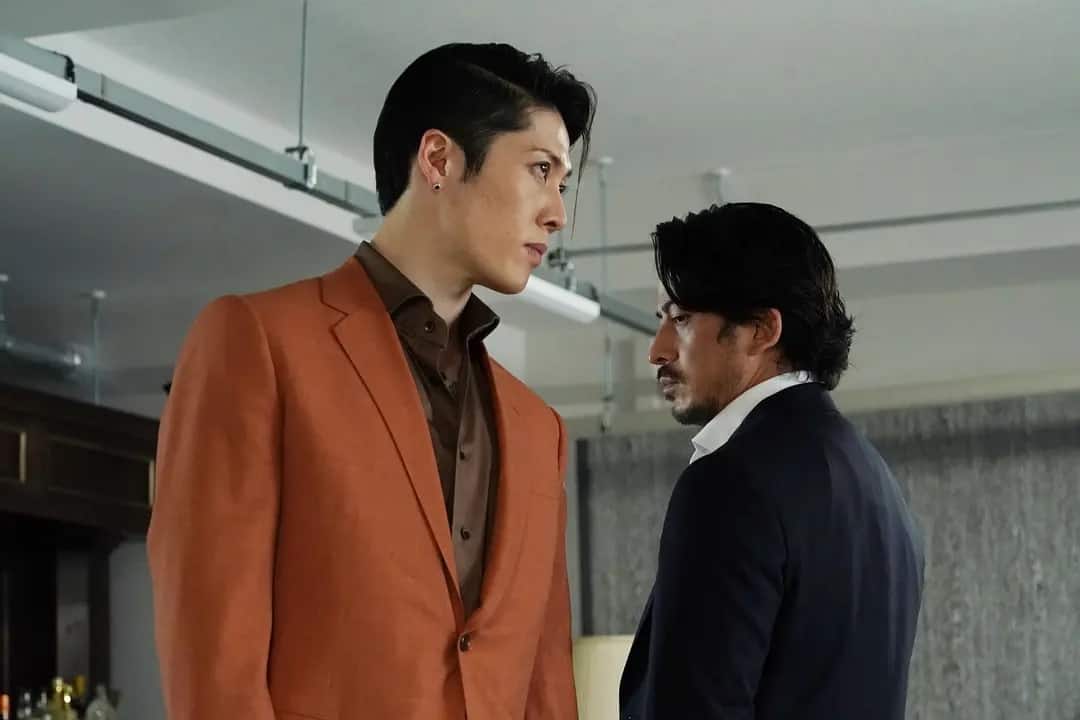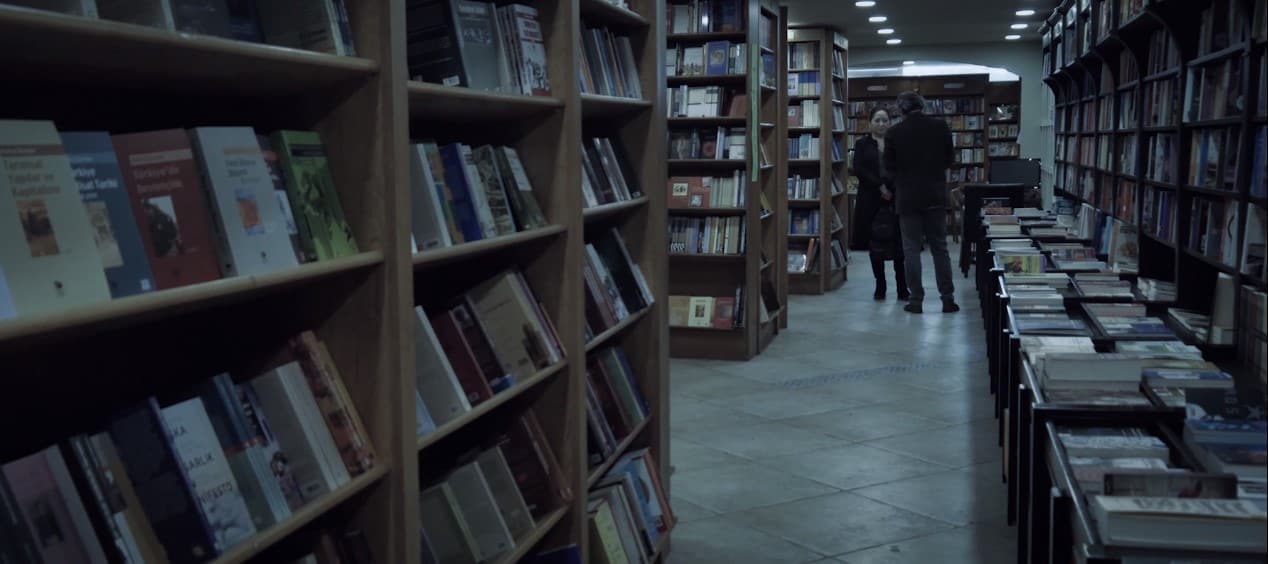During the latest years, Kazuya Shiraishi has emerged as one of the prominent names of the “entertaining” Japanese film, with works like “The Blood of Wolves” and “Birds Without Names” among others. This tendency of his continues in “Dare to Stop Us”, a rather appealing look at the work of Koji Wakamatsu (Shiraishi actually worked for his production company), through the eyes of an almost completely unknown assistant, Megumi Yoshizumi.
“Dare to Stop Us” is screening atUdine Far East Film Festival

The story begins in 1969, when Megumi, 21-year old at the time, manages to get to Wakamatsu's “family” as assistant director, through a common acquaintance known as the Spook. While there (with there meaning an office where everyone gatheres to organize their movies), she meets a number of “figures” except the eccentric Wakamatsu, including Masao Adachi, Haruhiko Arai and Kenji Takama, who eventually becomes a love interest. At the beginning, Wakamatsu ignores her, at least when he is not yelling at her, particularly since his rule that an assistant can shoot a movie after three years of apprenticeship is in full force. Gradually, though, she becomes a regular member of the team, especially after proving that she can eat and drink like the guys, two “endeavors” the group seems to indulge quite frequently in. Through her and the group's story, the movie also takes a close look at the Japanese film industry during the Pinku “era”.
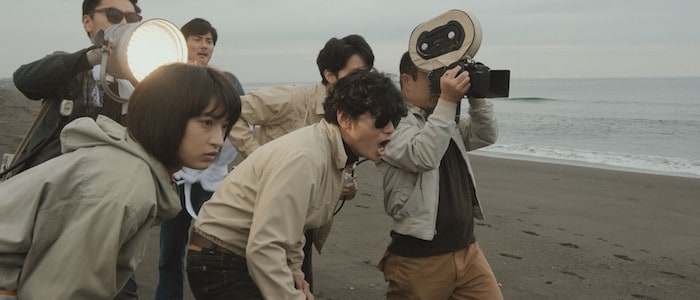
Shiraishi directs a very simple film, which focuses on the story, without almost any additional artistic additions. The fact that the person of focus is Yoshizumi and not Wakamatsu is a surprise, but I think that Shiraishi believed that the portrait of the artist would be more interesting when seen from the eyes of another, someone who was quite close to both the human and the artist, although in Wakamatsu's case, the line is thin. In that fashion, the portrait is definitely not a glorifying one, since the director is frequently presented as unjustifiably harsh, extremely demanding, and quite obsessed with money, to the point that he could be characterized as miser. The path that led him to the various productions of the three years the story lasts is quite interesting, and Shiraishi did not omit presenting some of the most interesting episodes in Wakamatsu's career, including his presence in Cannes and the shooting in the Palestine.
The story of Yoshizumi, however, gives another, more dramatic level to the film that benefits the narrative a lot, as we first watch her struggling to fit in by becoming one of the guys, but then having trouble when almost no one seems to perceive her as a woman anymore. The circumstances and the result of the first film she shot as a director (a hotel movie, a half an hour erotic film), her relationship with Takama, Adachi and Wakamatsu himself, and particularly the ending of her story complete a rather interesting and also unknown portrait, in the most entertaining way.
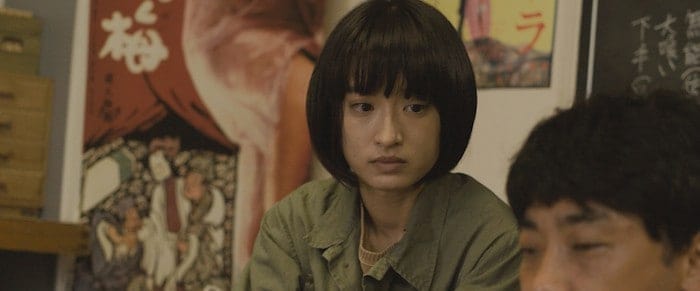
Mugi Kadowaki as Yoshizumi is quite good, with her portraying her desperate effort and the constant discomfort for her personal and professional efforts convincingly, without losing her sense of measure, at least for the most part. Arata Iura as Wakamatsu fits what we know of the director's persona realistically, as he appears eccentric, harsh, bad-mouth, and almost always working on his next movie. Hiroshi Yamamoto as Adachi gives a dignified performance that also functions as a point of steadiness in the mad world the rest of the characters seem to live in.
Tomohiko Tsuji's cinematography keeps things simple, while Hitomi Kato's editing gives a rather fast pace to the film, which seems to be a parallel to the way Wakamatsu shot his movies. Keisuke Tsuru's production design is probably the best technical aspect, with the presentation of the era being exceptional in all of its aspects, including the way people used to work on film at the time.
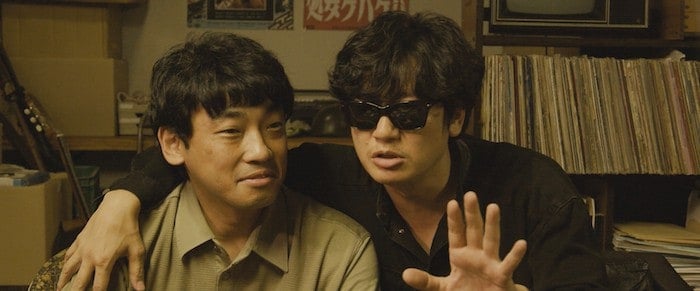
“Dare to Stop Us” is not an artistic accomplishment in any way, but through an interesting story, the presentation of a director and an era that are among the most interesting in Japanese cinema industry, manages to be a distinct sample of what we call “soup for the soul”.


